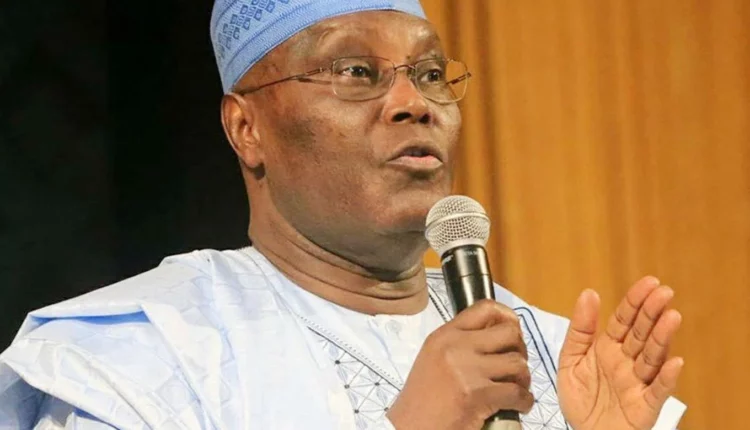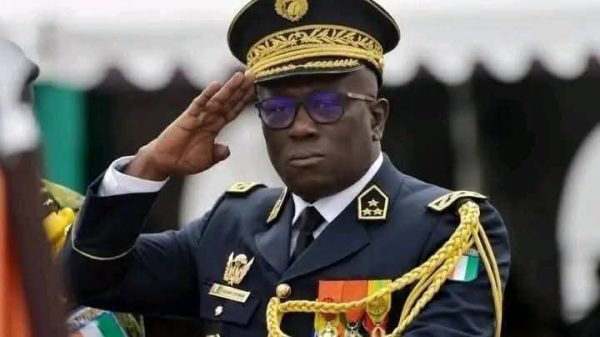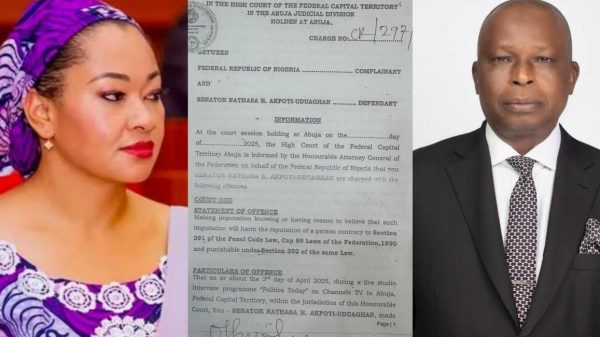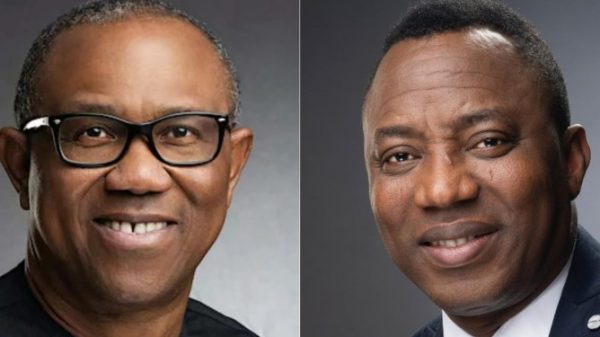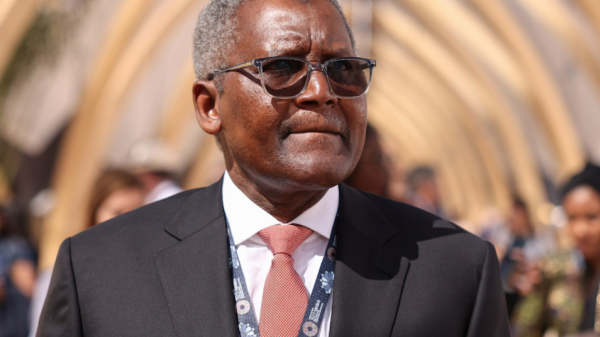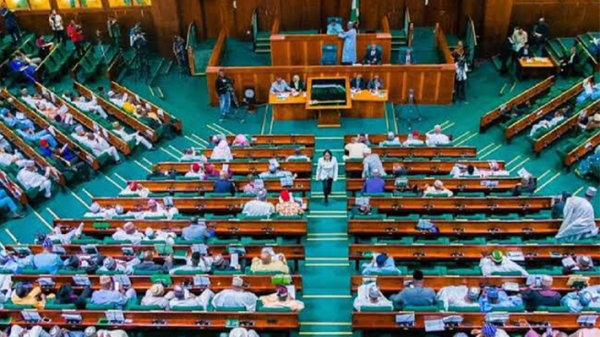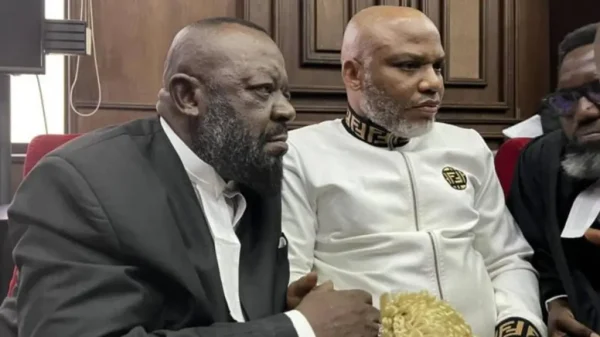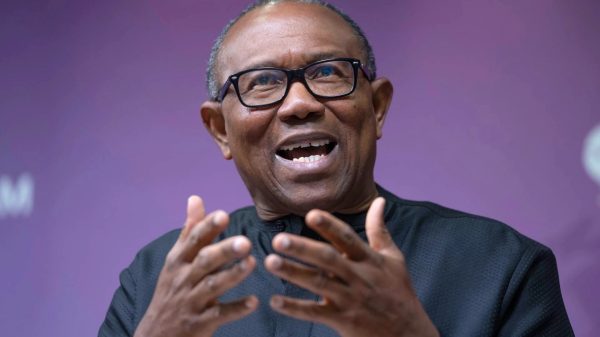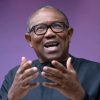Title: Unveiling the Layers of Atiku’s Activism: A Reflection on His Journey
In an era marked by political turmoil, Nigeria’s former Vice President, Atiku Abubakar, stands as a prominent figure whose legacy extends over four decades. While his political career has been punctuated by controversy and misrepresentation, it is imperative to revisit Onukaba Adinoyi-Ojo’s comprehensive biography, “Atiku: The Story of Atiku Abubakar,” to gain a deeper understanding of the man behind the headlines. Authored by one of Nigeria’s esteemed journalists, this 338-page book, published in 2006, remains a crucial reference document.
The political landscape in Nigeria has witnessed significant changes in recent years, with the failure of the preceding administration under Muhammadu Buhari leaving a profound impact. The All Progressives Congress (APC), the ruling party, faced a daunting task as it nominated its presidential candidate in the wake of Buhari’s shortcomings. The memories of those years were marred by hunger, poverty, insecurity, and disillusionment among Nigerians, driving them to express their discontent through their votes.
The electoral process was tarnished by what the legendary musician Fela Kuti termed “government magic.” Technological innovations intended to facilitate transparent elections were discarded, opposition figures were harassed, and the credibility of the electoral commission was questioned. The announcement of presidential results amid ongoing vote counting left the nation in eerie silence.
In pursuit of justice and adherence to the rule of law, Atiku Abubakar took his case to the Supreme Court, challenging the questionable decisions of the Presidential Election Petition Tribunal (PEPT). Concurrently, he delved into the issue of document forgery and manipulation, a recurring problem in Nigerian politics. From Salisu Buhari’s resignation due to certificate forgery to Kemi Adeosun’s voluntary exit over concerns about her NYSC certificate, Nigeria’s political landscape had seen its share of document-related scandals.
Recent developments at Chicago State University (CSU) further cast a shadow of doubt over the authenticity of certain politicians’ credentials. In Atiku’s legal pursuit against Tinubu, revelations suggested that the President might have fabricated his own certificates, raising questions about his academic history, gender identity during student years, and the authenticity of his documents.
Regrettably, a section of Nigeria’s elite seemed to celebrate Tinubu’s alleged certificate plagiarism and identity theft, portraying him as a cunning hero of an action movie. However, this idolization of deception only diminishes the values and standards set by true Yoruba leaders like Obafemi Awolowo and Samuel Akintola.
The implications of this episode extend beyond politics. It could lead to a reevaluation of qualifications and certifications of Nigerian professionals abroad, potentially damaging the nation’s reputation as a source of well-educated immigrants. Nigerians who once proudly topped the list of educated professionals among immigrants now find themselves subjected to uncomfortable questions about the certificate forgery saga involving their President.
Atiku’s lifelong commitment to justice and activism emerges from his early experiences as a student activist at the School of Hygiene in Kano and the Institute of Administration at Ahmadu Bello University (ABU) in Zaria. His resilience and dedication to pro-democracy endeavors saw him rise to leadership positions despite facing threats from oppressive regimes.
Atiku’s battles to defend the Vice President’s office and uphold the rule of law in Nigeria are well-documented. He pursued justice relentlessly, even taking his grievances to the Supreme Court, ultimately succeeding. His tenacity in unearthing the truth behind the President’s credentials revealed a side of Atiku that many had not seen—the “aluta” component in his character.
The spotlight now shines on the President, who has been stripped of his façade. Nigerians and the judiciary must decide how to respond to this revelation. As we navigate these turbulent waters, it is crucial to reflect on the values, transparency, and integrity that should define leadership in Nigeria. Atiku Abubakar’s journey serves as a reminder of the enduring importance of truth, justice, and the rule of law in Nigerian politics.
Dr. Olusunle, a poet, journalist, scholar, and author, is a member of the Nigerian Guild of Editors.
